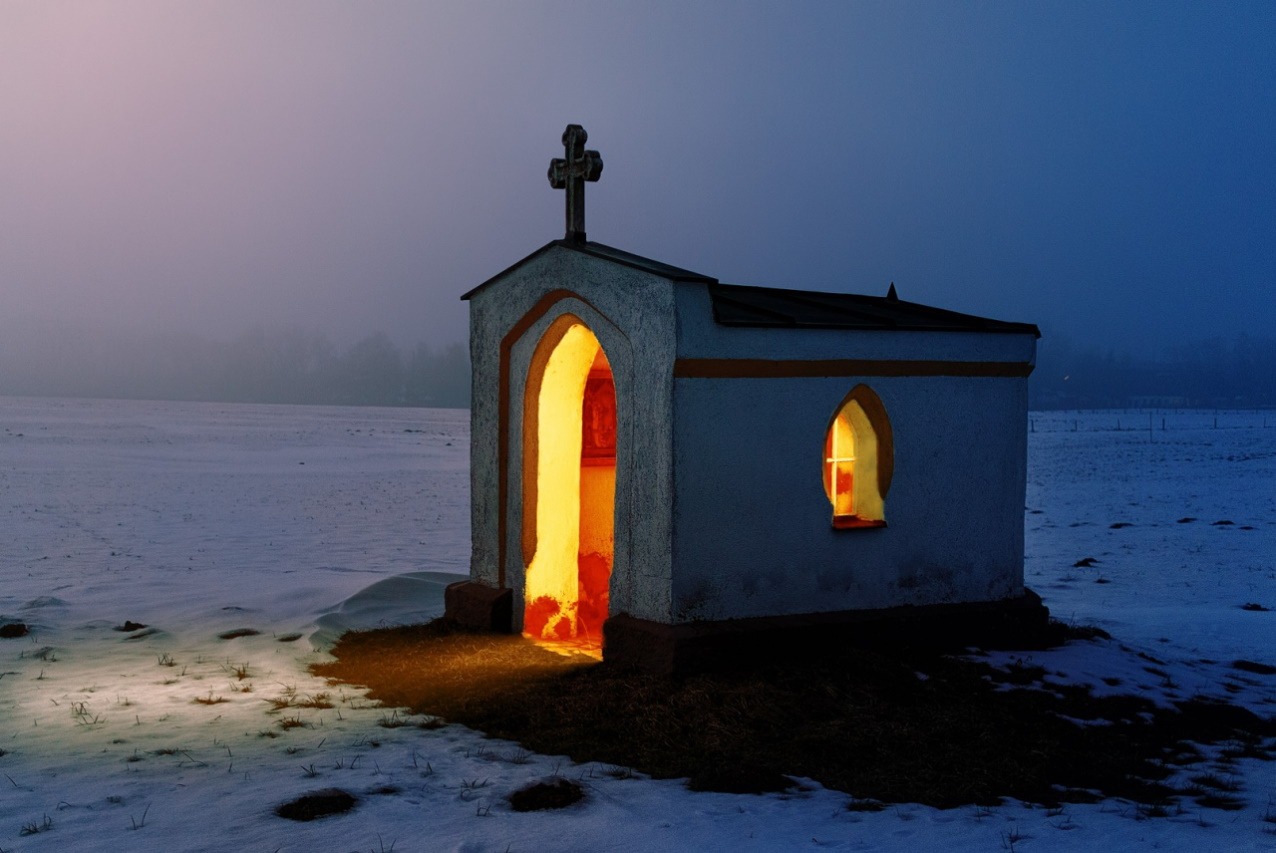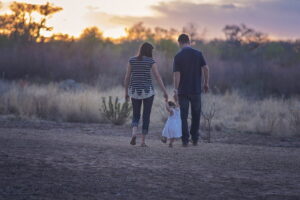Wisdom 11: 22 – 12: 2 (RM) or Isaiah 1: 10-18 (RCL); Psalm 145 or 32; 2 Thessalonians 1: 11 – 2: 2 (RM) or 1: 1-4, 11-12 (RCL); Luke 19: 1-10. For Reformation Sunday: Jeremiah 31: 31-34; Romans 3: 19-28; John 8: 31-38.
“That’s the church I left!”
It’s odd how that exclamation keeps coming back to me lately. And I didn’t say it. It wasn’t said directly to me. I heard it second-hand. It was uttered some years ago by a regular member of a local faith community, and it referred to the formal presiding style of a newly-arrived member of the clergy.
Maybe it’s just because the numbers are legion, so to speak, of people who no longer feel at home in their original faith community, or their parish-up-‘til-now. They find some place where the spirituality and the operative theology make sense, where the music and the prayer texts support and enrich their awareness of God’s presence, or where they feel at home and welcomed, or where they simply feel safe. And then Bam! Something goes very wrong.
It came back to me when I studied over the first reading for this Sunday, the one from the Book of Wisdom. This awe-inspiring text launches and takes off as smoothly as the old Concorde jet plane, swerving gracefully around stunningly beautiful expressions of the immensity of God, cresting on the intensity of God’s love. “Before God the whole universe is as a grain from a balance, or a drop of morning dew come down upon the earth.” One can stop right there, take a breath, and meditate. “But you have mercy on all, because you can do all things” takes the infinity of God to a higher altitude, and a moment later pours it out with endless generosity: “For you love all things that are, and loathe nothing you have made. And how can a thing remain, unless you willed it?”
Julian of Norwich left us a vision much like this:
“I saw something tiny in the palm of my hand, the size of a hazelnut, and I thought, How can this continue to exist? Why does it not fall into nothingness? And I was answered, “It exists and always will, because God loves it. And so everything has being through the love of God.”
The reading continues,
“But you spare all things, because they are yours, O God and lover of souls, for your imperishable spirit is in all things.”God loves all because God is in all. Another deep breath. Another moment of meditation.
And then Bam! The Concorde, graceful plane of poetry in the skies, crash lands.
“You rebuke offenders, … and remind them of the sins they are committing, that they may abandon their wickedness…”
Seriously! Can we not just ascend heavenward without crashing onto sin, guilt, shame, self-hatred and dependency? *That’s* the church so many have left.
But now the use of this text in these readings makes sense, because it leads into the story of Zacchaeus, the tax collector who skimmed some off for himself and cheated his own people. Like last week’s tax collector, he knew very well what he was doing. But he declares publically an intention to turn his life around and to make amends. Jesus declares the integrity of his intentions and blesses him in affirming his ethical heritage in the line of Abraham.
But let’s not lose this soaring, banking, aerial perspective on the love of God. The “imperishable spirit [that] is in all things” represents nothing less than the sacramentality of all of creation. As distinct from the defined sacraments rooted in actions of Christ and practiced in his memory by Christian faith communities, the sacramentality of all of creation reminds us profoundly of God’s all-pervasive, never limited, not-subject-to-human-control love. It reminds us that our God is not an abstract force of physics but living Spirit. And every time that some aspect of creation is wantonly destroyed, damaged or poisoned, we not only undermine the nexus in which we live, move, and have our being – we lose some part of the spirit.
Whether we’re soaring, or whether we’ve just crashed, or whether we’re poised to take off again – we have our being through the love of God.
© Susan K. Roll
Susan Roll retired from the Faculty of Theology at Saint Paul University, Ottawa, in 2018, where she served as Director of the Sophia Research Centre. Her research and publications are centred in the fields of liturgy, sacraments, and feminist theology. She holds a Ph.D. from the Catholic University of Leuven (Louvain), Belgium, and has been involved with international academic societies in liturgy and theology, as well as university chaplaincy, Indigenous ministry and church reform projects.





Your line that stays with me this week is: “the sacramentality of all of creation reminds us profoundly of God’s all-pervasive, never limited, not-subject-to-human-control love.” I thank God that this is so – and that I have come to recognize it!!